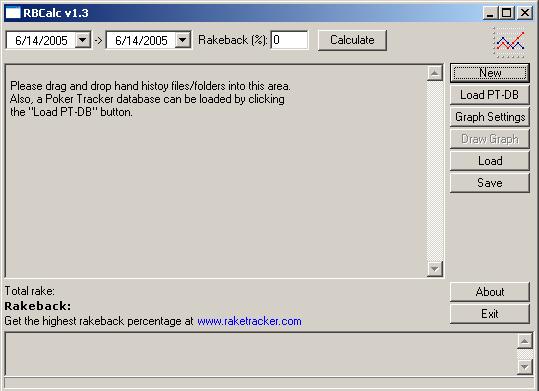Rootkit:W32/Small.LA
Summary
A program or set of programs which hides itself by subverting or evading the computer's security mechanisms, then allows remote users to secretly control the computer's operating system.
Removal
Based on the settings of your F-Secure security product, it will either move the file to the quarantine where it cannot spread or cause harm, or remove it.
A False Positive is when a file is incorrectly detected as harmful, usually because its code or behavior resembles known harmful programs. A False Positive will usually be fixed in a subsequent database update without any action needed on your part. If you wish, you may also:
-
Check for the latest database updates
First check if your F-Secure security program is using the latest updates, then try scanning the file again.
-
Submit a sample
After checking, if you still believe the file is incorrectly detected, you can submit a sample of it for re-analysis.
Note: If the file was moved to quarantine, you need to collect the file from quarantine before you can submit it.
-
Exclude a file from further scanning
If you are certain that the file is safe and want to continue using it, you can exclude it from further scanning by the F-Secure security product.
Note: You need administrative rights to change the settings.
Technical Details
Rootkit:W32/Small.LA is functionally a trojan with rootkit capabilities. It also has backdoor functionalities.This malicious program targets several online poker games. Small.LA is distributed from the website checkraised.com embedded in a Rakeback calculator application (RBCalc.exe). The main screen of the calculator program looks like:

Installation
When the trojan application RBCalc.exe is executed, it silently drops the following 4 files to windows system directory:
- comclg32.dll
- d3dclsrv.dll
- ndsdavsrv.sys
- utlsrv.exe
The dropper then executes utlsrv.exe, the main trojan file.When the main file is run, it installs the following registry lauchpoint:
- [HKLM\SOFTWARE\Microsoft\Windows\CurrentVersion\Run] "Comclg32" = "%system%\utlsrv.exe /Comclg32.dll"
After that, it monitors the running processes and injects the spying component, comclg32.dll, to following list of tasks:
- absolutepoker.exe
- empirepoker.exe
- eurobetpoker.exe
- fulltiltpoker.exe
- gameclient.exe
- mainclient.exe
- mppoker.exe
- multipoker.exe
- PartyGaming.exe
- partypoker.exe
- poker.exe
- pokernow.exe
- pokerstars.exe
- pokerstarsupdate.exe
- ultimatebet.exe
The trojan main component also checks if the following processes are running on system:
- blackd.exe
- blackice.exe
- outpost.exe
- umxagent.exe
- umxcfg.exe
- umxfwhlp.exe
- umxlu.exe
- umxpol.exe
- umxtray.exe
- zone alarm security
If any of the above processes exist, the trojan quits execution.
Rootkit
The trojan's main file installs and loads the driver ndsdavsrv.sys, and uses it to hide its process and the registry launchpoint.
Backdoor
When the spying component comclg32.dll is initialized, it starts a keylogger and connects to a remote server. The server can instruct the backdoor to do any of the following tasks:
- Download and execute files
- Send application screenshots
- Shutdown the trojan
- Upload files
The backdoor also sends out sensitive information to a remote server, including keylogger database, computer name, and the username and password of the following online poker applications:
- CEPoker
- Empirepoker
- MultiPoker
- partypoker
- pokernow